Chris Wattts is a narcissist. He was a selfish man who thought only of himself.
Chris Watts is a sociopath. He showed no remorse, and no emotion.
This seems to be the expert consensus by mainstream pundits. Dr. Phil said it. Lena Derhally said it. Catherine Townsend, expert Private Investigator, said it. That must mean that’s precisely who Watts is – a sociopathic narcissist.
True Crime Rocket Science disagrees with this assessment as crude and simplistic. What it shows is a facile disregard for the details. That’s not a defense of Watts, by the way. Saying he’s not a narcissist or a sociopath isn’t rushing to his defense. Watts and only Watts committed stone cold premeditated triple murder, and also destroyed the life of his unborn child. But almost two years later, when so many have spent so much time regurgitating the Watts case, recycling the same tired aphorisms, it’s perhaps also time to think a little more scientifically about the case, including about the psychology. And criminal psychology isn’t the same as psychology. Criminal psychology and psychology aren’t interchangeable.
On the surface, if you don’t know this case very well, the narcissistic sociopath or “covert narcissist” seems like an elegant sounding fit. It’s a great label, innit? It is a really elegant fit if you know very little about Watts, and even less about Shan’ann Watts.
If Watts was so selfish, why didn’t he go to trial like 99.9% of other high-profile criminals, and do what he does best – lie and pretend and play at being Mr. Nice Guy? If narcissists are identifiable by the key trait of lying, why did Watts admit – ultimately – to all the charges against him? Why did he admit the truth ultimately, telling investigators where the bodies were, and eventually confessing to their murders too? Isn’t he supposed to be a habitual liar? I mean, look at OJ, Scott Peterson, Casey Anthony – all of whom were partying up a storm right until the moment they were arrested. All of them went to trial and pled not guilty. Is Chris Watts exactly like them? Are they exactly like Chris Watts? Then why didn’t he go to court, roll the dice and put on a smug, conceited defense?
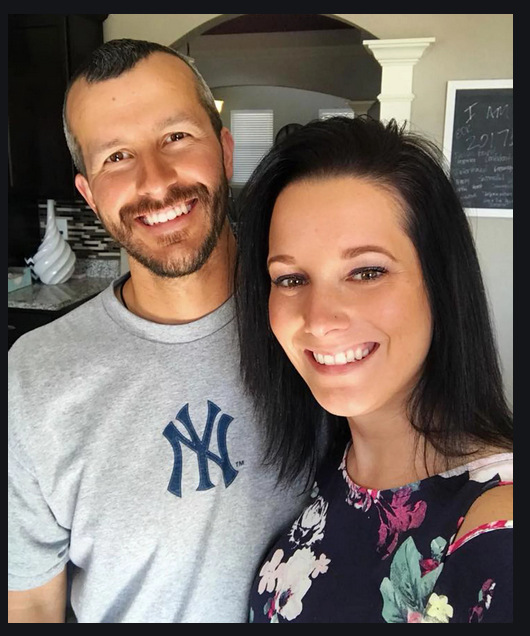
If Watts is a prototypical narcissist, why was this murder trial wrapped up in super quick time? And before you knew it, Watts was in prison, and had turned to God for redemption, seeking forgiveness. Why would he turn to God if he didn’t feel bad about anything he’d done? Whether you believe that’s genuine or not, that’s completely different from someone never pleading guilty, and never asking for forgiveness, and never pretend-turning to God.
If Watts had no emotion, why did he need to become standoffish before committing murder. And if he had no feelings, why did he commit the crime while he was in love?
The experts will tell you Watts is a selfish, self-centered, self-involved man who thought only of himself. Those who knew Watts, inside the family, and as friends, knew him as a considerate dad who did his family’s laundry, gave away his paycheck, babysat, even did his children’s hair. His wife, at the time of her murder, wanted to stay married to him, wanted to have his child and so did his mistress. His mother in law and father in law liked him up until the moment he committed murder.
Errr. which “personality type” are we talking about her?
It feels good to separate Watts from ourselves. He’s bad, has zero emotion and is a monster with a particular personality trait and disorder. We’re fine of course, and nothing like him. When we’re on our phones, and on social media, we are still very sensitive to the world around us, and not a narcissistic bone in our bodies. Well, except…
Is There a Link Between Sociopathy and Social Media?









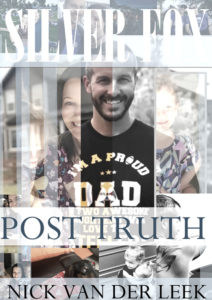
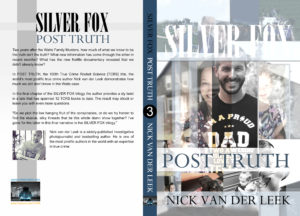
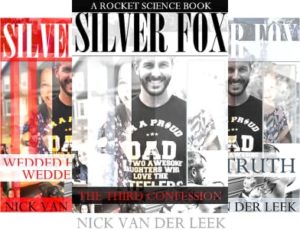

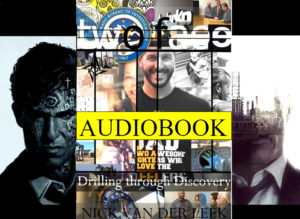
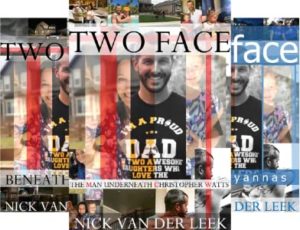

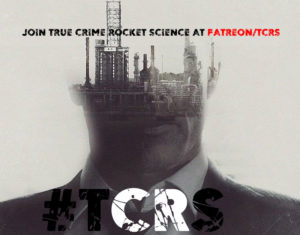

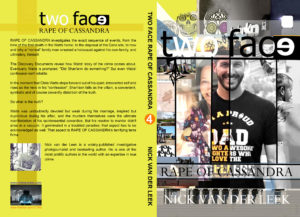
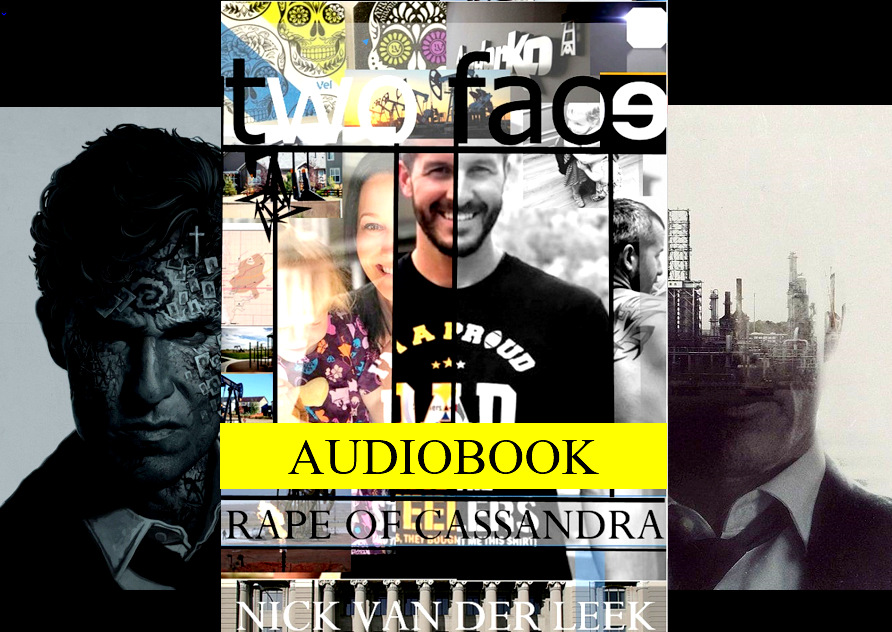
Recent Comments